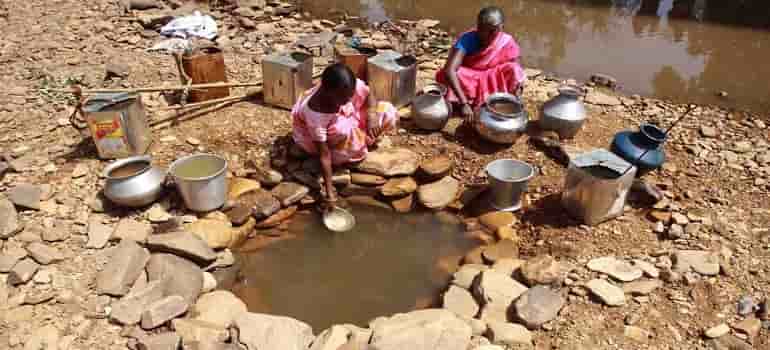Jal hi jeevan hain, loosely translated as ‘water is what sustains life’ is the most popular quote on water in India. An entire millennial generation of India grew up in a Doordarshan-only era watching this government-sponsored message periodically flash across their TV screens. It even became a part of every 80s and 90s school lore.
However, truth be told not everyone in India has access to water. According to the World Bank, while India houses 18% of the world’s population, it only has 4% of renewable water resources. Globally, upward of 1.7 billion people live in river basins where water table depletion through use exceeds natural recharge. This trend could see nearly two-thirds of the world’s population live in water-stressed countries by 2025 – and we are already at the threshold in 2023!
Water is at the core of sustainable development and is critical from a standpoint of socio-economic development, healthy ecosystems and human survival itself. It is the heart of adaptation to climate change – serving as the crucial link between the climate system, human society, and the environment.
It is becoming increasingly important that we as a nation and as a people change our attitudes to value water as a finite resource and get thinking about how to manage it better to meet our growing demands. To strike this balance between supply and demand, we need to look at both sides of the equation, develop new supply-side solutions as well as become more aware and more efficient in our demand for water. This is a role we can all play – consumers and businesses alike.
Water can be made renewable only if it is well-managed. One imminent step we must take is to get companies to design products that use less water in their production and or use. Implementing global best practice at local levels on how to achieve this should be a priority – first from businesses and then government. Given the rising demand for resources and the growing shortage of fresh water, effective water usage and management are crucial considerations for any organisation.
As Indian corporates gear to action on saving water, their efforts must be independently verified, using standards developed by experts with decades of experience in the field. At the local, regional, and international levels, water management is necessary, and this calls for a reliable method of evaluation. The new Water Footprint Standard, ISO 14046, will offer this uniformity and give validity to the outcomes.
The recently concluded COP27 put water as a key goal, and progress in recognizing its importance to the climate agenda was certainly made. However, the real work in changing not just attitudes but actions has just begun.
Author

Theuns Kotze, Managing Director Assurance, BSI India, Middle East, Turkey and Africa


